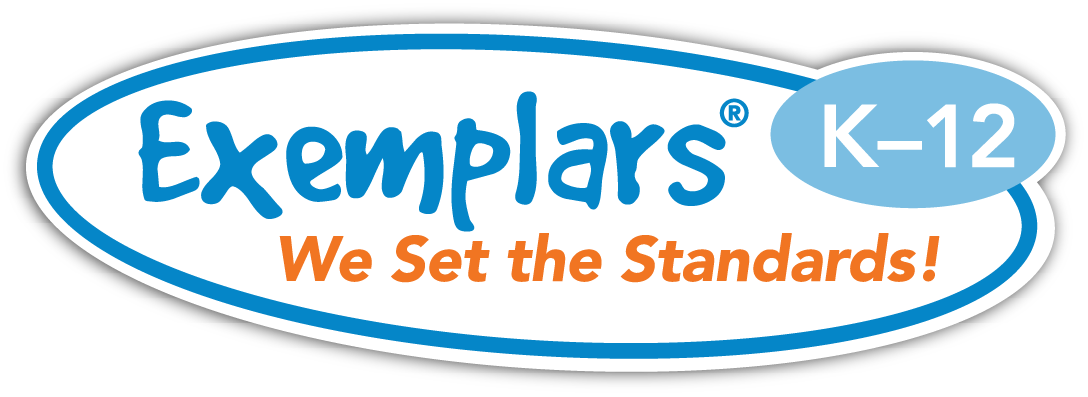Let’s Explore Effect Size with John Hattie:
How We Impact Schools with Researched Thinking
Presenter: Brendan Scribner and Professor John Hattie
Cost: Free
Location: Remote Webinar
Watch On-Demand
Featuring special guest speaker John Hattie.
Educators are managing challenging workloads and are susceptible to high rates of burnout. Join us as we examine practices that have a positive impact in schools. Professor John Hattie helps us lean into extensive research around how to de-implement practices that just aren’t effective, and replace them with cost-effective, high-yield moves to transform your classroom, school, and district.
This edWebinar explores the following questions:
- What is effect size? How can effect size shape pedagogy?
- Research suggests that the process of schooling is often over-engineered.
- How does that give us permission to dial back, carefully?
- What are some steps in the process for deciding which initiatives are most effective—and how do we let go of the ones that are not?
- How can we offer useful tools, templates, and charts that educators can immediately use with de-implementation work at school, in teaching teams, or at the system level that improve student learning?
- If you were starting a new school, what practices would you suggest they lean into?
This edWebinar is of interest to K-12 teachers and school and district leaders.
About the Presenters

Brendan Scribner, Director of Implementation and Success for Exemplars, began his career in education as a middle school math teacher in Vermont in 1998, before spending the last 20 years as a fourth-grade classroom teacher in Hanover, New Hampshire. He earned his master’s in the science of teaching mathematics from the Vermont Math Initiative. As a passionate classroom educator, he strives to be a mathematical identity builder with a keen focus on learning experiences that cultivate wonder and joy and reveal the beauty of mathematics for all. Brendan supports educators at Exemplars, with a strong commitment to building contextually relevant problem solving into established curricula. An area of particular importance in his work is the power of productive discourse and how “talk moves” within a classroom. When he is not immersed in his work as an educator, he enjoys family time, cycling, hiking, skiing, leisure travel, and crafting unique wood products.

Professor John Hattie of the University of Melbourne, Australia, has long researched performance indicators and evaluation in education. His research, Visible Learning, is the culmination of more than 25 years of examining and synthesizing more than 2,100 meta-analyses comprising more than 132,000 studies involving 300 million students around the world. Professor Hattie wanted to understand which variables were the most important. Although “almost everything we do improves learning,” why not prioritize the ones that will have the greatest effect? He set about calculating a score or “effect size” for each, according to its bearing on student learning and taking into account such aspects as its cost to implement. The average effect size was 0.4, a marker that represented a year’s growth per year of schooling for a student. Visible Learning+ professional learning enables schools and districts around the world to effectively implement the core findings of the Visible Learning research.
About the Moderator

Jay Meadows serves as Exemplars’ Chief Executive Officer. He is a former middle school math and science teacher and has been working in education for more than two decades. Jay holds a Master of Arts in teaching from the University of Vermont and a master’s in mathematical pedagogy from Southern New Hampshire University.
Jay is also one of Exemplars’ primary performance task writers and professional development consultants for the middle level. Leading sessions throughout the United States, Jay works with teachers to integrate performance tasks and research-based best practices into their curricula. Through Exemplars, Jay dreams of teaching a generation of students to become powerful problem solvers. Prior to his career in education, Jay coordinated delegations from the former Soviet Union through U.S. State Department grants. Jay has also worked alongside a number of international non-profits and is a former Peace Corps Volunteer.





